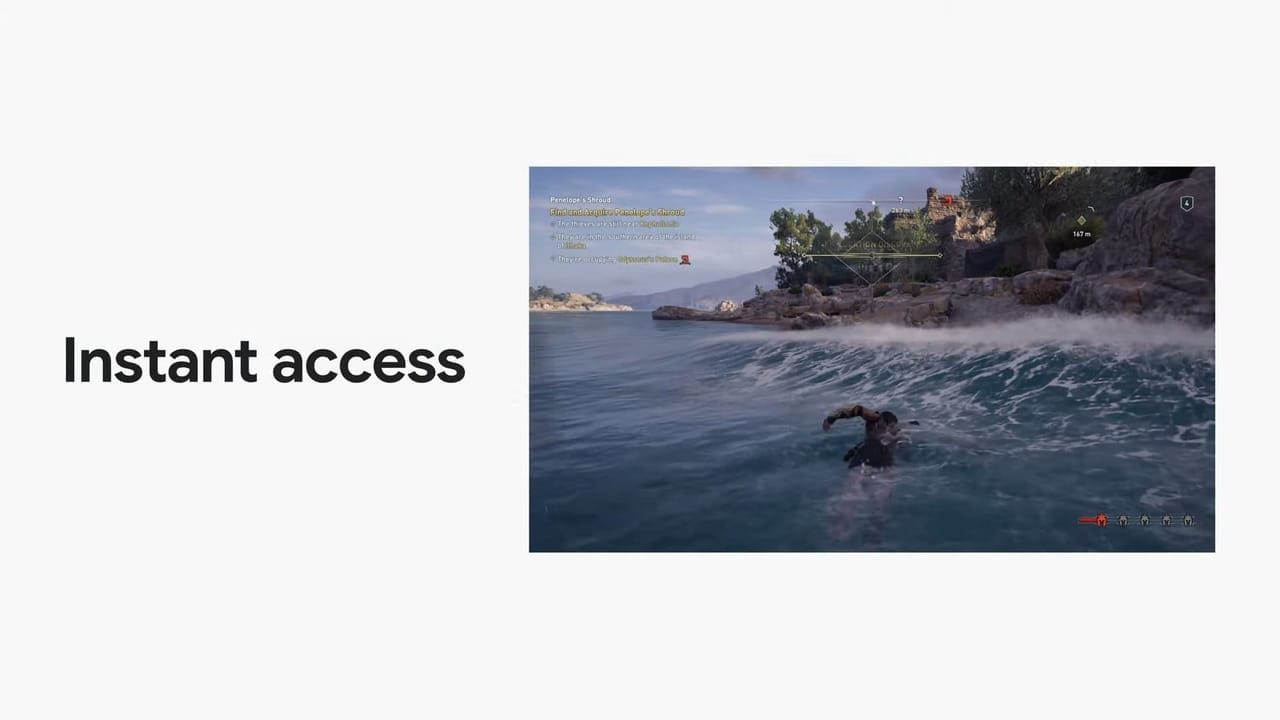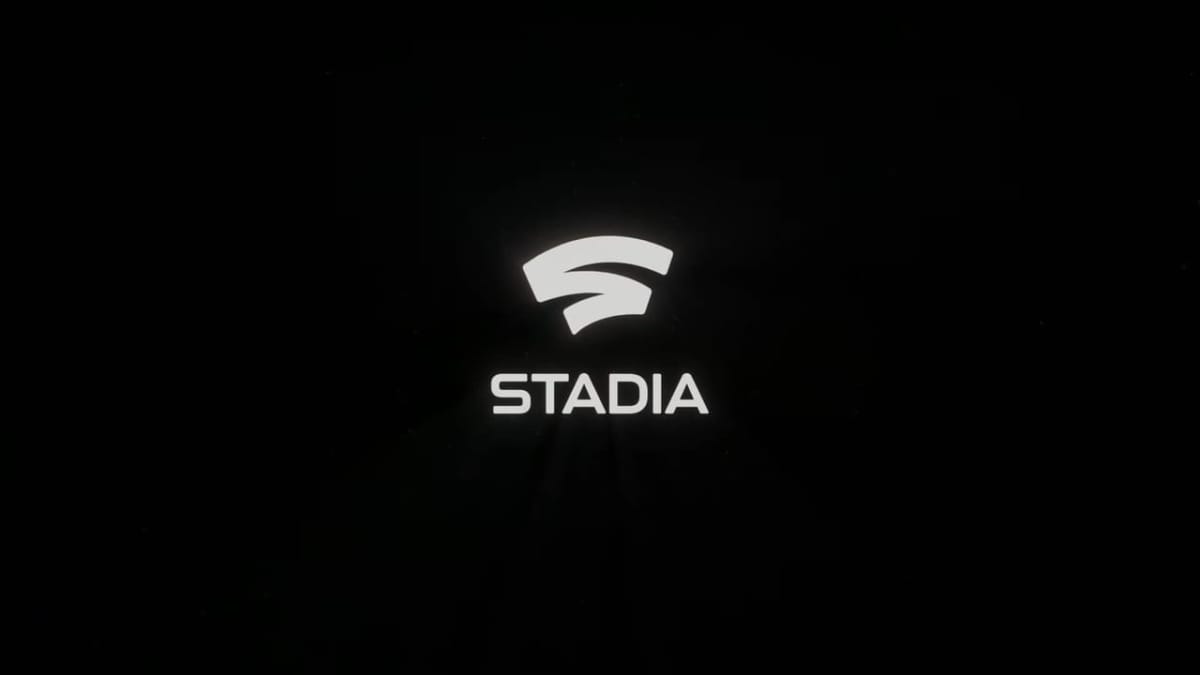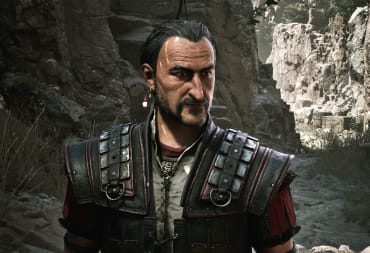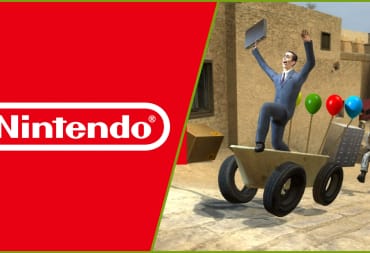At GDC 2019, Google held its own press conference focused on gaming. In it, they revealed a new platform called Stadia, tapping into humanity's history of building stadiums to play and watch games.
The platform is meant to bring the worlds of watching and playing games together, unifying the gaming community as a whole. Google has worked with game developers, along with YouTube personalities and other gamers, to shape Stadia.
This comes after Google tested its own streaming service to stream Assassin's Creed Odyssey last year. The game returned during the keynote, showing off what Stadia is capable of. Ideally, it will allow instant access to any video game on any supported screen, including computers, laptops, and phones.

The platform relies on streaming, essentially cutting out the need to download any games. Additionally, Google showed off a test on stage that showed seamless transitions across multiple platforms. From a weaker PC to a tablet to a TV outfitted with a ChromeCast, they played Odyssey with no real breaks between each screen.
To make Stadia a reality, Google built more than 7,500 data centers around the globe. Each of them house the computing and streaming power to make streaming games a reality, taking advantage of multiple GPUs at one time. It also supports cross-platform play, allowing online games to work with those who use other consoles.
When Odyssey tested out the streaming service last year, the game streamed at 1080p. But when Stadia launches, it will support 4K resolutions at 60fps with HDR and surround sound. Furthermore, the company has plans to allow game streaming in 8K. Your gaming sessions can also be streamed to YouTube, to help save your "gaming memories."
Google's platform uses a custom GPU from AMD that clocks in at 10.7 teraflops. For reference, PS4 Pro houses 4.2 teraflops, while Xbox One X has 6 teraflops. The streaming platform also supports a wide variety of engines, including Unreal, Unity, and CryEngine, as well as physics engines like Havok.
While the platform supports third-party games, Google announced a new development studio under its umbrella. Called Stadia Games, the studio will develop first-party Google titles.
The Stadia will launch some time in 2019.
To supplement the platform, Google also revealed the Stadia Controller. Additionally, Spanish video game developer Tequila Works showed off a new texturing process called Style Transfer ML.







